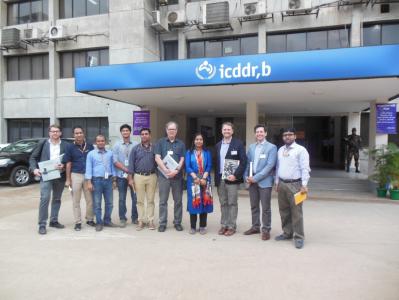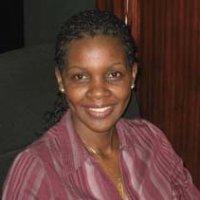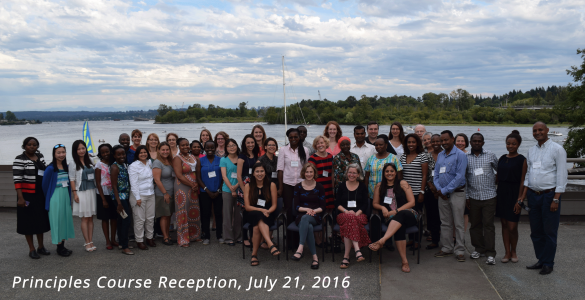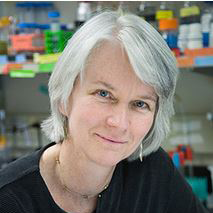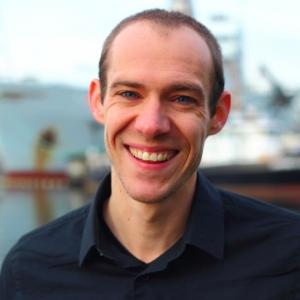In the Fight to End TB, UW Establishes New Partnership in Bangladesh
By Alex Murphy
World TB Day, celebrated each year on March 24th, is an opportunity to raise awareness about the global burden of tuberculosis (TB). The 2017 World TB Day theme is “Unite to End TB,” and some faculty from the University of Washington (UW) embodied the work by creating a new partnership in Bangladesh.
